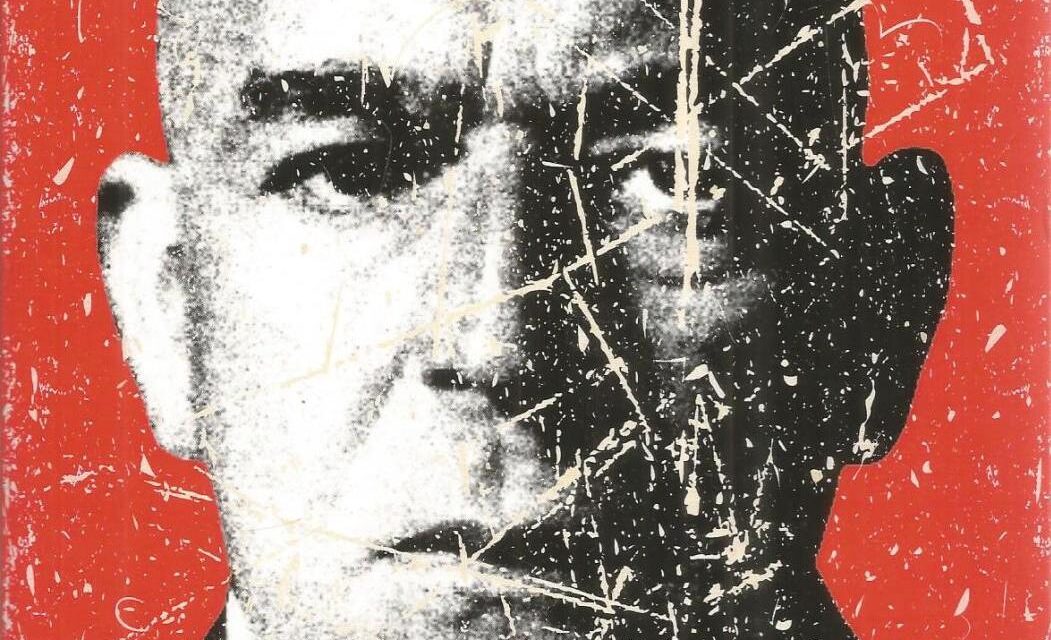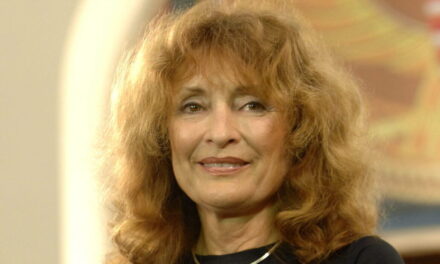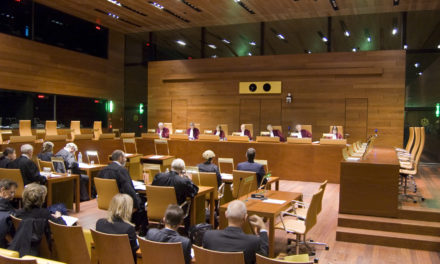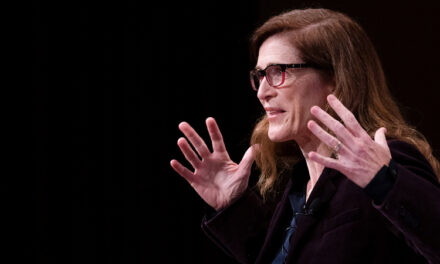Governments are able to act when the economic and political boundaries coincide.
AXXI. It is about the interdependence, conflicts, balance and its breakdown of three fundamental spheres of the 20th century. These are the three spheres: the market, the state and society, and its framework is the nation. In this context, the market is the world of individual economic interests, while society, on the other hand, is the field of community interest, solidarity, morals and norms. The third is the state, which tries to create a balance between the market, i.e. the individual interest, and society, i.e. the community interest. The state represents the public interest, the public good - and, of course, public power - and does not allow either the market or society to over-extend and impose its will on the other two spheres. The balance of these three spheres creates the balance of society in the broader sense, in other words, of the nation-state, in which the state is the "judge".
This is the ideal-typical model that was used after the Second World War until the 20th century. until the end of the century, for better or worse, it still worked in Western democracies.
However, in the past quarter of a century, the traditional balance between the individual spheres, characteristic of the Euro-Atlantic, but mainly European world, has been upset.
With the help of the dominant idea of neoliberalism, the market - the globalized market! – it has taken over the decisive role in more and more places and spheres from the state, as it were replacing it; as a result, the public good and the community interests of the social sphere are largely pushed into the background.
The internationalist, cosmopolitan international financial circles can impose their will on the nation-states, and since the functioning of democracies is relevant precisely at the level of nations and nation-states, democracy is also subordinated to the management of the market. However, a good state and good governance require nation-state sovereignty, free elections, an independent economic policy and, of course, a democratic rule of law, but all of these are threatened by the global market - which is no longer a local, "national" market, but an international one above nation-states.
It is therefore essential to state that when we talk about the breakdown of the balance between the state-market-society, we should consider the globalization of the market as a key moment, the global market actors above the national market (multi-companies, international financial institutions, hedge funds, investment funds, asset managers, insurance companies, large credit rating agencies etc.) to appear. The latter act as global actors equal to or superior to nation-states.
All of this, however, comes with unforeseeable consequences: with the fact that the governmental power established on the basis of popular sovereignty and free elections becomes at best equal on the global stage, at worst - and this is the reality - it is subordinated to the private power elected by no one, to the giga corporations and financial institutions. This is the process that we can safely call the 21st century of democracy and nation-states. century "overwriting" or otherwise subjugating it. Global private interests come before public interests, and the principle of private profit comes before the public good. If you think about it, all of this is a paradigmatic shift in the history of the world, and a huge challenge for political science as well.
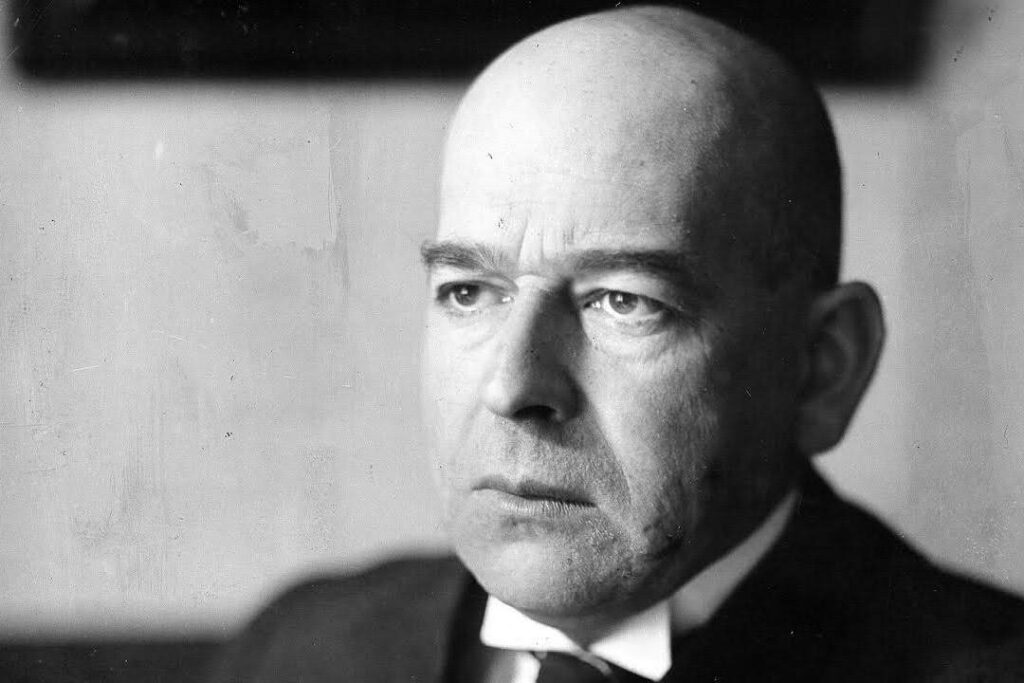
Photo: Oswald Spengler Facebook
During the past 140 years or so, several changes have occurred in the internal struggles of the triad (market-state-society), but the period of the eighties and nineties seems to have brought about a fundamental turn, creating the global market.
Oswald Spengler, the author of the classic The Twilight of the West, which is often cited today, perceived the need for the market - that is, the economy - to become a dominant position as a kind of zeitgeist in the mid-1930s. Not in this book, but in his book The Years of Decision, he writes: "One of the most serious symptoms of the decline of state power is the fact that in the 19th During the 20th century, the impression that the economy was more important than politics became dominant. Political power is not only seen as an element of public life, whose first – if not only – task is to serve the economy, but it is also expected to fully adapt to the wishes and views of the economy; and finally, they also expect economic leaders to manage it. And this has already happened in a wide area; how successfully, the history of our time teaches us."
At the same time, Spengler distanced himself from this zeitgeist. He notes resignedly that
"Nowadays, the situation is that due to the insignificance of the leading statesmen - who, by the way, are largely interested in private business themselves - the economy has a decisive say in the decisions".
I don't even know if Spengler, if he had to write about this today, would change even one line of the above?
Spengler's conclusion is still valid to this day: "The economy has dethroned politics, the economic branch has dethroned the state, and the trade union leader has dethroned the diplomat; this is where the germs of the present economic disaster lie, not in the consequences of the world war. And this, in its full weight, is nothing but the consequence of the decline of state power." It is surprising, but the breakdown of the balance between the state-market-society already became clear to the author of A Nyugat alkonya in the period between the two world wars.
In connection with this, David C. Korten notes in his book The World Rule of Capitalist Corporations that the West did well after the Second World War because it rejected extreme (communist, ultra-liberal) ideologies and chose democratic pluralism instead. This meant a government system based on a pragmatic, institutional balance between the state, the market, and civil society. However, starting from the 70s, this balance was gradually overturned again, so that finally, starting from the 90s, a distorted, unbalanced state emerged, which I have already discussed above. The "holy trinity" of liberalization-privatization-deregulation formulated in 1989, in the so-called Washington Consensus, and thus the neoliberal economic philosophy became decisive both in theory and in practice. As markets become free and global, power is gradually transferred from the hands of governments to the hands of global companies. Just think of BlackRock and, in this context, the World Economic Forum, WEF.
One of the most important experiences of the last quarter of a century is that governments are able to act when economic and political borders (state borders) coincide. If this is separated from each other, then democracy becomes an empty voice.
When the market becomes global, but governments remain at the national level - understandably and justifiably - then multi-companies and international banks exceed the levels of accountability by the state, which makes the state vulnerable, and citizens and society vulnerable. And this puts democracy in a life-threatening situation, because democracy can only survive if there is a balance between the state, the market and society, neither sphere grows beyond its borders and does not extend its power over the other two spheres.
We already know from the Great Reset: the global market announces its demand to replace the nation-state, given that it is already "obsolete" in their eyes. And at the same time, he announces his demand that from now on the global market tells society how to live. I think it is more accurate to talk about the Great Scam-Narrative instead of the Great Narrative, that is, the narrative of the great scam instead of the great narrative. And we have no choice but to develop - as soon as possible - the Great Counter-Narrative.
In my opinion, the essence of the world system change is that the functioning of the states, and even of the great powers, is strongly influenced by the global elite.
Not always and not in everything, but the fact is that the real national politicians have practically disappeared from the scene (with the exception of Viktor Orbán), and George Soros, Klaus Schwab, Bill Gates, Tedros Abraham Gebrejesus, Larry Fink, etc. they determine a lot of issues in the world.
We need to learn more and more about this system as well. Anyone who can help with this!
Source: Hungarian Nation
Cover image: Oswald Spengler: Twilight of the West - book cover 2016

